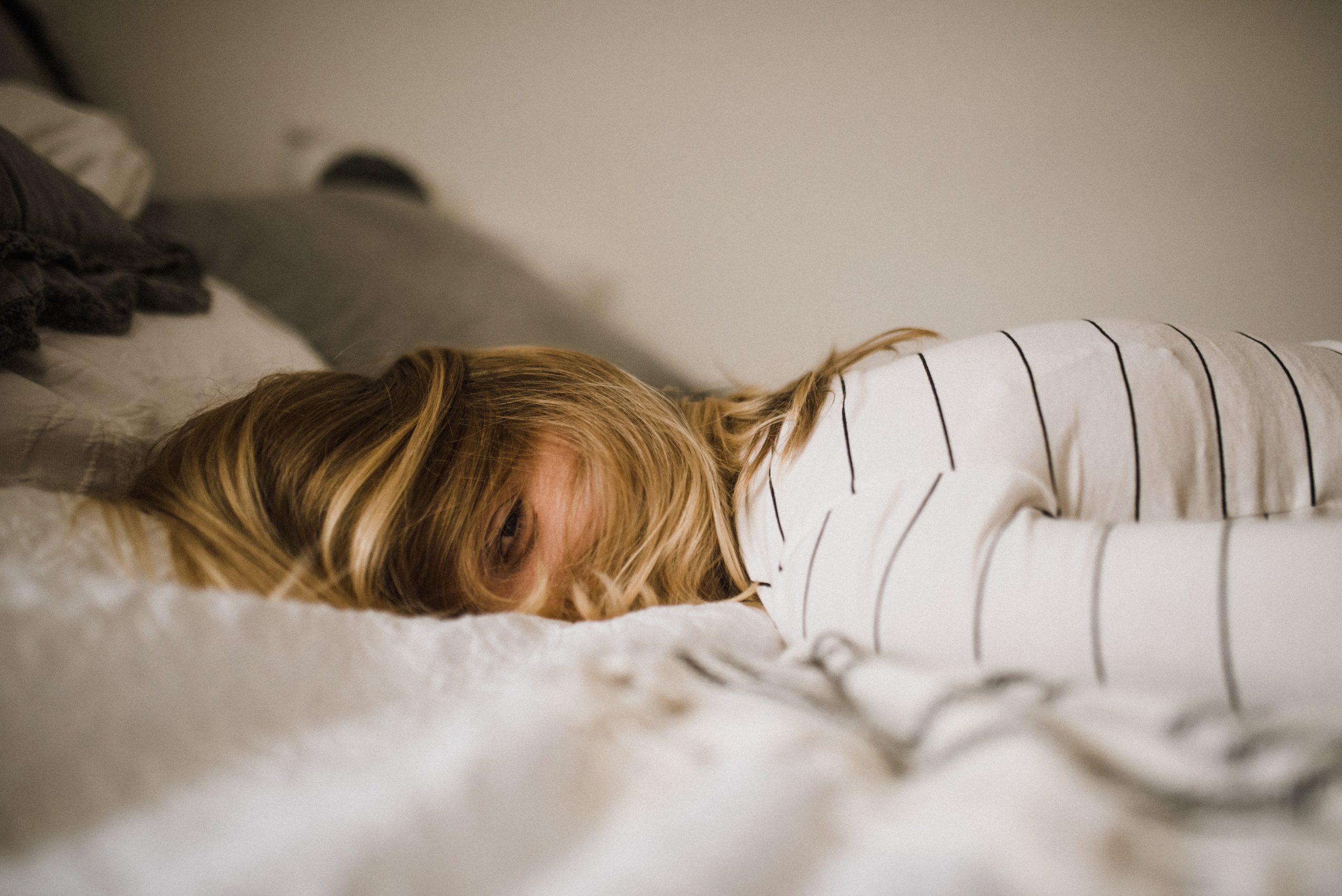Exercise, Hobbies Counter Effects of Sleep Disturbances During COVID-19 Lockdown
Written by |

Sleep disturbances caused by home confinement during the COVID-19 pandemic are linked to worsening Parkinson’s symptoms and poorer quality of life, according to a recent study.
Physical activity and adopting new hobbies, the research found, correlated with better sleep.
Titled “Impact of home confinement during COVID-19 pandemic on sleep parameters in Parkinson’s disease,” the study was published in the journal Sleep Medicine.
Several studies have reported that quarantining at home during the pandemic has significantly affected people’s sleep quality in general. Factors such as fewer face-to-face and in-person interactions, social isolation, emotional stress from working in makeshift offices at home, and/or an increase in the time spent managing online schooling and juggling the care of children have been found to account for a decrease in sleep quality.
Sleep abnormalities are one of the common non-motor symptoms of Parkinson’s. However, exactly how the exacerbated effects caused by the COVID-19 lockdowns are impacting this patient population, in particular, has not been reported.
Now, scientists from various institutions across India teamed up to conduct an online survey to determine whether home confinement affects the sleep of people with Parkinson’s. In particular, the researchers examined any factors associated with new and/or worsening symptoms, and evaluated the effects of the lockdowns and other social distancing measures on specific sleep disorders, such as restless legs syndrome (RLS) and rapid eye movement sleep behavior disorder (REMBD).
RLS is characterized by recurrent discomfort and the urge to move the legs while at rest, while REMBD is a condition in which people physically and vocally act out vivid dreams.
The survey received 832 complete responses, of which nearly 84% came from people ages 50 or older. A total of 48 respondents reported using psychotropic medications, or medicines capable of affecting the mind, emotions, and behavior. Of these, 36 took antidepressants, 18 were prescribed hypnotic or anti-anxiety medications, and three used antipsychotics.
Of those who responded, more than one-third (35.4%) reported sleep disturbances, with nearly 24% of these patients (199 people) reporting new-onset/worsening of sleep (NOWS).
Over half of those with sleep disturbances reported worsening insomnia, and nearly a quarter described worsening of RLS and REMBD. Of those reporting new-onset/worsening of sleep, 16% complained of breathing difficulties and three-fourths said that their symptoms occurred more than two nights per week.
New or worsening sleep disturbances correlated with inadequate family support during quarantine, confinement lasting more than 60 days, having Parkinson’s for more than seven years, and overall worsening of Parkinson’s symptoms.
Conversely, picking up new hobbies during home confinement correlated with lower chances of new or worsening sleep disturbances. The most commonly reported new hobbies described in the survey were indoor exercises (19.5%), yoga (6.9%), and board games (5.3%).
Increasing physical activity appeared to affect sleep quality. Respondents who maintained adequate physical activity reported better sleep than those who reduced their activity during quarantine.
Similarly, more than three hours of screen time per day, both before and after confinement, were associated with new-onset/worsening of sleep.
Parkinson’s patients with NOWS reported significant worsening in several motor and non-motor Parkinson’s symptoms, when compared with those who did not report sleep disturbances. Specifically, those with sleep disturbances were more likely to experience freezing of gait (66.1% vs. 30.7%), slowness (53.9% vs. 27.7%), and dyskinesias (46.6% vs. 18.2%). Non-motor symptoms also were worse for people experiencing NOWS, with higher levels of anxiety (60% vs. 39.1%) or fatigue (50.9% vs. 32.9%) compared with patients without sleep disturbances.
Over half of the respondents (54.2%) felt dissatisfied with their quality of life during quarantine. Reasons for this included worsening symptoms, fear of contracting COVID-19, social factors, challenges to exercising, and financial concerns.
While the survey did not provide data that could explain why sleep disturbances led to worsening of symptoms, the researchers suggest that such disruptions may interfere with the ability of the body’s lymphatic system — part of the immune system — to clear neuronal waste, which takes place mainly at night. The researchers also suggested that disturbed sleep can affect cognition, causing people to see themselves as having poorer health, which might fuel a perception of disability.
“Home confinement during COVID19 pandemic significantly worsened sleep among” people with Parkinson’s, the researchers concluded. “Adequate physical activity and adoption of new hobbies during home confinement was associated with better sleep.”


